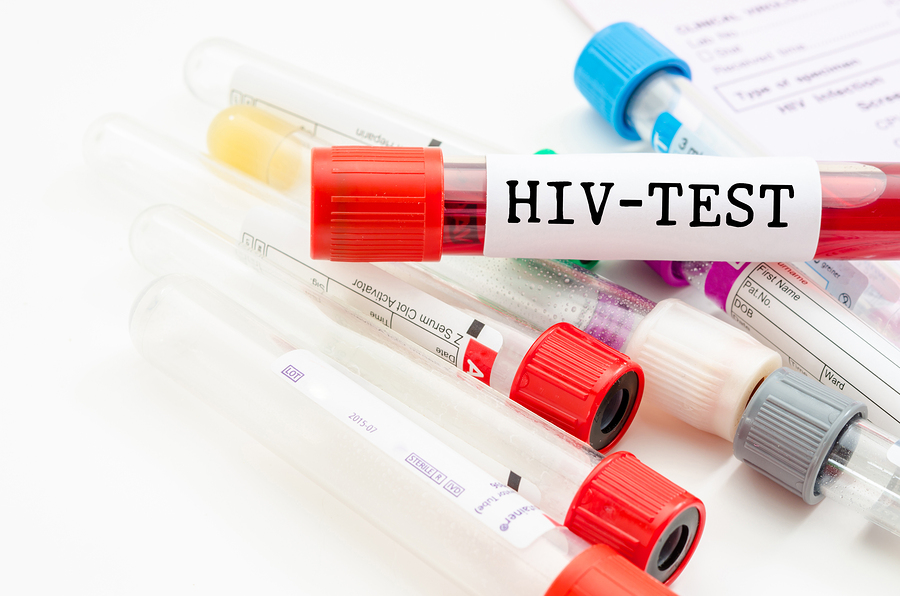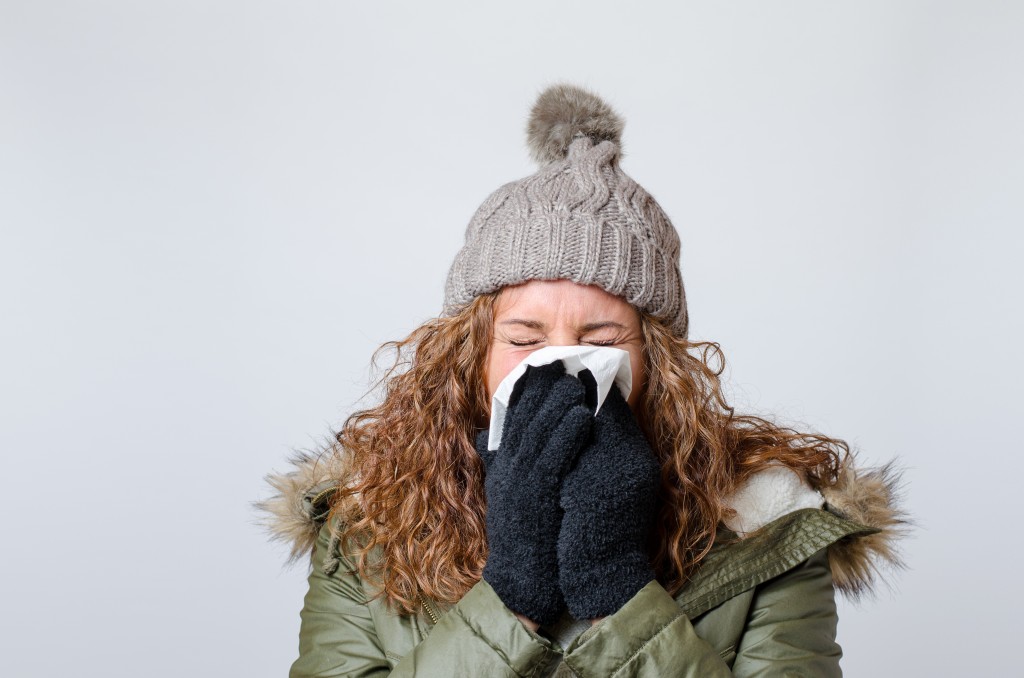- Make It Yourself Lavender Heart-Shaped Bath Bombs!
- 20 Things You Never Knew About “Down There”
- 12 Best Foods For Those Suffering From Arthritis Pain
- 12 Personal Hygiene Mistakes Almost Everyone Makes (Mom Never Told You About #4!)
- 15 Medicinal Plants And Herbs From The Cherokee People
- 12 Mind-Blowing Benefits Of Drinking Coconut Water During Pregnancy
- 12 Outstanding Winter Foods That Won’t Fatten You Up Like A Christmas Turkey
10 Early Warning Signs Of HIV That You Must Know

Photo credit: bigstock.com
Not since the days of Rock Hudson has the world been shocked to hear that a celebrity has contracted the HIV virus. Charlie Sheen recently broke the news to the world and people sat up and listened.
More than 1.2 million people in the US currently are HIV infected, according to the Centers for Disease Control and Prevention. They also estimate that as many as 1 in every 8 infected persons is unware that they are infected.
HIV is most commonly transmitted through semen, vaginal discharge and blood. Most people become infected through risky sexual behavior or through injections.
Once infected, it is impossible to kill the virus or get rid of it. There are drugs that can stop the virus from reproducing, but without these drugs, life expectancy is short.
The earlier you identify HIV and get treatment, the better your chances of survival are.
Symptoms of HIV can start within 2 to 6 weeks after becoming infected or it could take several years. Most people state that their symptoms started within 1 year after they believe they became infected.
You could be infected and not know it. Learn about the early warning signs so that you can get proper treatment if necessary.
1. Nausea and Vomiting
These are two of the most common symptoms of HIV. Since this infection compromises the immune system, the body more easily picks up fungal, bacterial, and viral infections. Vomiting is one way that the body tries to remove the virus and tell you that something is wrong. The International Journal of STD and AIDS states that these are two common symptoms that most people notice right away. Of course, these symptoms can happen for many reasons, but if you have been involved in risky behavior, you should check with your doctor.
Continue to Page 2

Photo credit: bigstock.com
2. Fever
Another common sign of HIV is a persistent fever. In its early stages, fevers are recurring and can last for two to four weeks at a time. As much as 77 percent of all HIV subjects reported having a fever, according to a 2005 study published in Praxis. Fevers are the immune system’s response to viruses. A fever is actually a good sign in that your immune system has not completely shut down.
3. Night Sweats
These tend to go along with fevers. If you have recently engaged in any high-risk activity and you are experiencing severe night sweats, you should see a doctor. HIV night sweats can be so severe that they soak the pajamas and bedsheets. Many patients say that they are impossible to sleep through.
4. Diarrhea
Along with nausea and vomiting, diarrhea is another common symptom of HIV infections. Diarrhea is a problem within the digestive tract and is most likely caused by a viral, fungal, or bacterial infection that has taken over because the immune system has been weakened.
Continue to Page 3

Photo credit: bigstock.com
5. Intense Headaches
This was the symptom that sent Charlie Sheen to the doctor. Headaches are one of the most persistent forms of pain experienced by those infected with HIV. These headaches can be quite severe in nature. Primary headaches are recurrent and not generally associated with an illness. These often indicate that HIV is in the early stages. Secondary headaches, such as from sinus infections or meningitis, often occur during the later stages of HIV. A 2000 study published in the journal Pain found that out of 131 subjects who had HIV, 45.8 percent had tension headaches, 16 percent reported migraines and the rest reported some other type of headache.
6. Sore Throat
Although these sound like a cold or the flu, they could be symptoms of the initial stages of HIV. This usually goes along with a fever and night sweats. Many patients state that a sore throat was the first symptom they felt before the fever began. One 2002 study published in Clinical Infectious Diseases found that a sore throat was one of the severe symptoms experienced by the subjects in this particular study.
Continue to Page 4

Photo credit: bigstock.com
7. Muscle Pain and/or Joint Pain
These are also common symptoms of many other issues; however, if you have engaged in risky behavior, this can be an identifying symptom. The Journal of the American Academy of Orthopedic Surgeons published a 2002 study that found that muscular problems are often one of the first symptoms of HIV. These types of pains intensify as the disease progresses.
8. Swollen Lymph Nodes
The immune system is spread throughout the body. One of their pathways is the lymph nodes. These glands are found throughout the body but are concentrated in the groin and armpits, and in the neck, directly under the jawbone. HIV attacks and weakens the immune system, so it makes sense that the lymph nodes would become affected. If your lymph nodes are swollen, painful, or tender to the touch and this lasts more than 2 weeks, see your doctor.
Continue to Page 5

Photo credit: bigstock.com
9. Fatigue
Many illnesses bring about fatigue, but if you have engaged in risky behavior or if your fatigue is in combination with any of the other symptoms on this list, you should see your doctor. The Journal of Clinical Nursing published a 2006 study that found that patients with HIV stated that fatigue was a constant in their lives. This study also noted that fatigue was often one of the most ignored symptoms of HIV. Fatigue can become so severe that it can induce anxiety or depression.
10. Seborrheic Dermatitis or Other Skin Rashes
One of the earliest symptoms of HIV is seborrheic dermatitis. This effects between 30 and 83 percent of those affected with HIV, according to a 2008 study published in Acta Dermatovenerol Croatia. Sebaceous glands are found on the head, face, chest, groin, and upper back area. Early symptoms included patches of red, itchy, flaky, inflamed skin on the scalp, face, or chest. Some studies have found that this itchy rash was the second most commonly reported symptom.
READ ALSO: 12 Warning Signs of Cervical Cancer Every Woman Should Know
Remember that you cannot get the HIV virus if you do not engage in risky behavior. Sharing towels or hugging someone is not enough to become infected. Never share needles and never have unprotected sex with strangers.
References:
































